Testing for Mold (before buying) and WWYD?
maurenemm
12 years ago
Related Stories
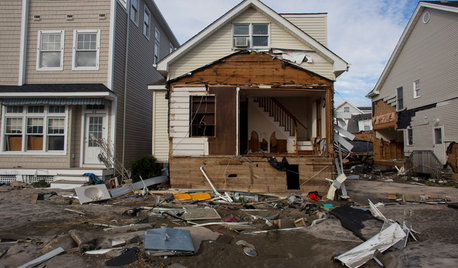
DISASTER PREP & RECOVERYHow to Combat Mold in a Flooded House
Before you rebuild or restore your water-damaged home, take these steps to keep mold at bay
Full Story
REMODELING GUIDES5 Ways to Protect Yourself When Buying a Fixer-Upper
Hidden hazards can derail your dream of scoring a great deal. Before you plunk down any cash, sit down with this
Full Story
BATHROOM DESIGN14 Design Tips to Know Before Remodeling Your Bathroom
Learn a few tried and true design tricks to prevent headaches during your next bathroom project
Full Story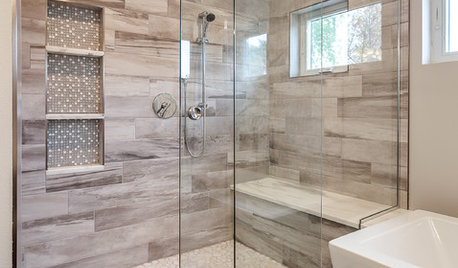
BATHROOM DESIGN10 Things to Consider Before Remodeling Your Bathroom
A designer shares her tips for your bathroom renovation
Full Story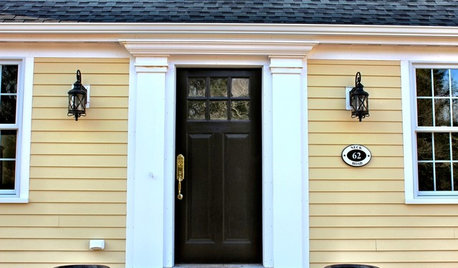
LIFE7 Things to Do Before You Move Into a New House
Get life in a new house off to a great start with fresh paint and switch plates, new locks, a deep cleaning — and something on those windows
Full Story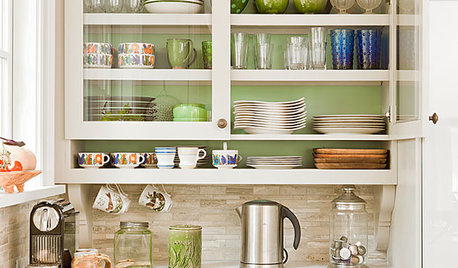
KITCHEN CABINETSChoosing New Cabinets? Here’s What to Know Before You Shop
Get the scoop on kitchen and bathroom cabinet materials and construction methods to understand your options
Full Story
DECORATING GUIDESWhat You Need to Know Before Painting Brick
Sure, painted brick can be a great look. But you need to take some risks into account. Here's how to paint brick like a pro
Full Story
WHITEWhat to Know Before You Paint Your Walls White
A coat of white paint can do wonders in one room and wreak havoc in another. Here are tips for using the popular hue
Full Story
FURNITUREHow to Buy a Quality Sofa That Will Last
Learn about foam versus feathers, seat depth, springs, fabric and more for a couch that will work for years to come
Full Story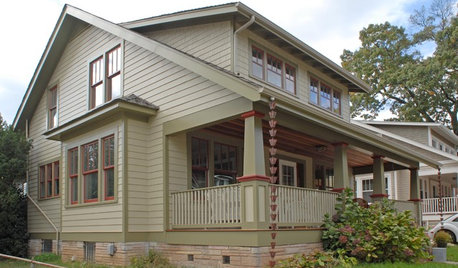
Kit Houses Stand the Test of Time
See how these mass-produced catalog houses have made their way into the modern day
Full Story








lindaw_cincy
chisue
Related Professionals
Makakilo City Architects & Building Designers · Saint Louis Park Architects & Building Designers · Winchester Architects & Building Designers · Hercules General Contractors · Lincoln General Contractors · Mount Prospect General Contractors · Seal Beach General Contractors · University Heights General Contractors · University Park General Contractors · West Mifflin General Contractors · Westchester General Contractors · Wolf Trap General Contractors · Spring Valley Home Stagers · Barstow Interior Designers & Decorators · New Providence Interior Designers & Decoratorslogic
maurenemmOriginal Author
jane__ny
badgergrrl
chicagoans
brickeyee
logic
maurenemmOriginal Author
brickeyee
logic
maurenemmOriginal Author
logic
brickeyee
roamwhereiwant2
brickeyee
dreamgarden
ncrealestateguy
sas95